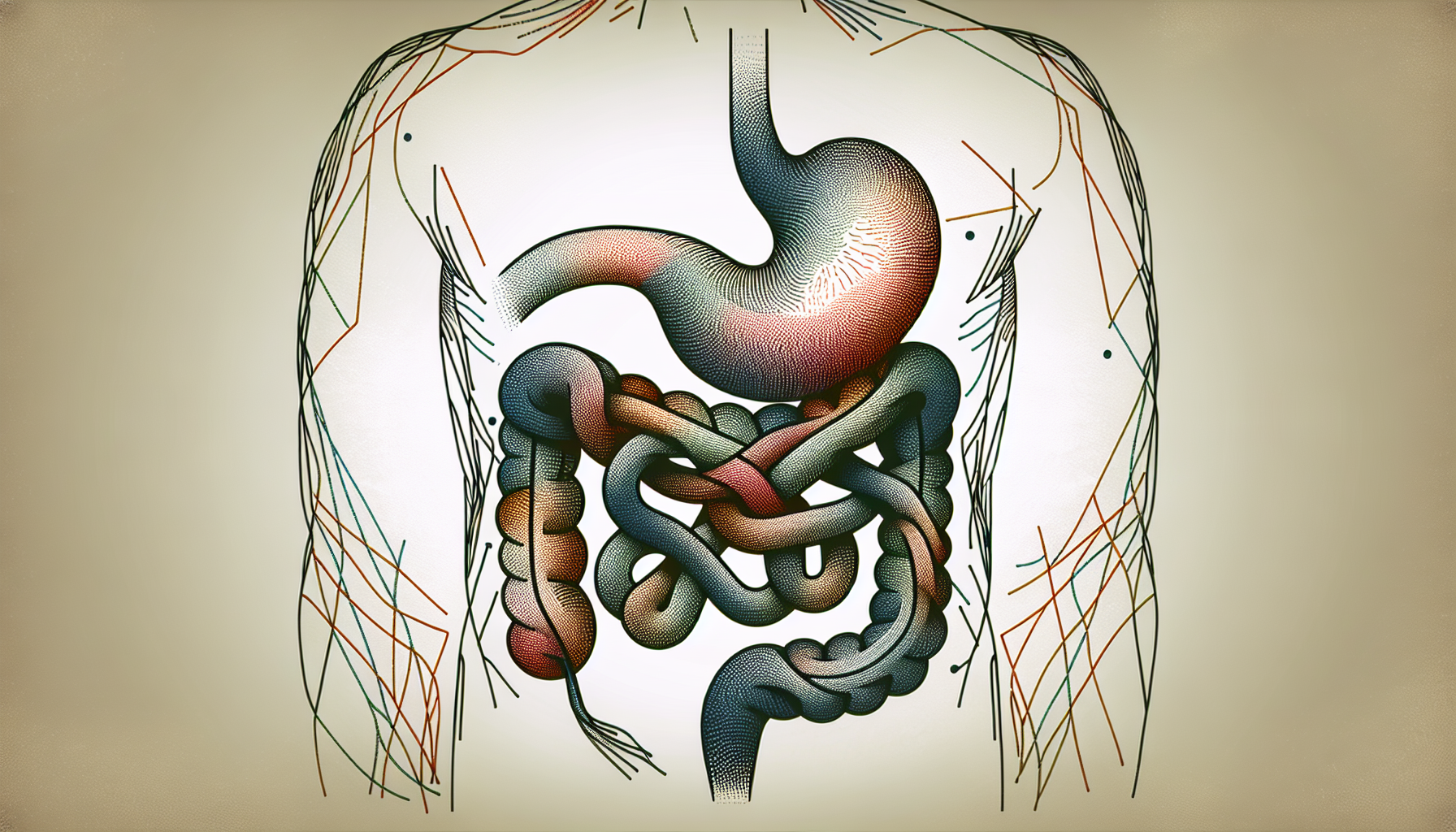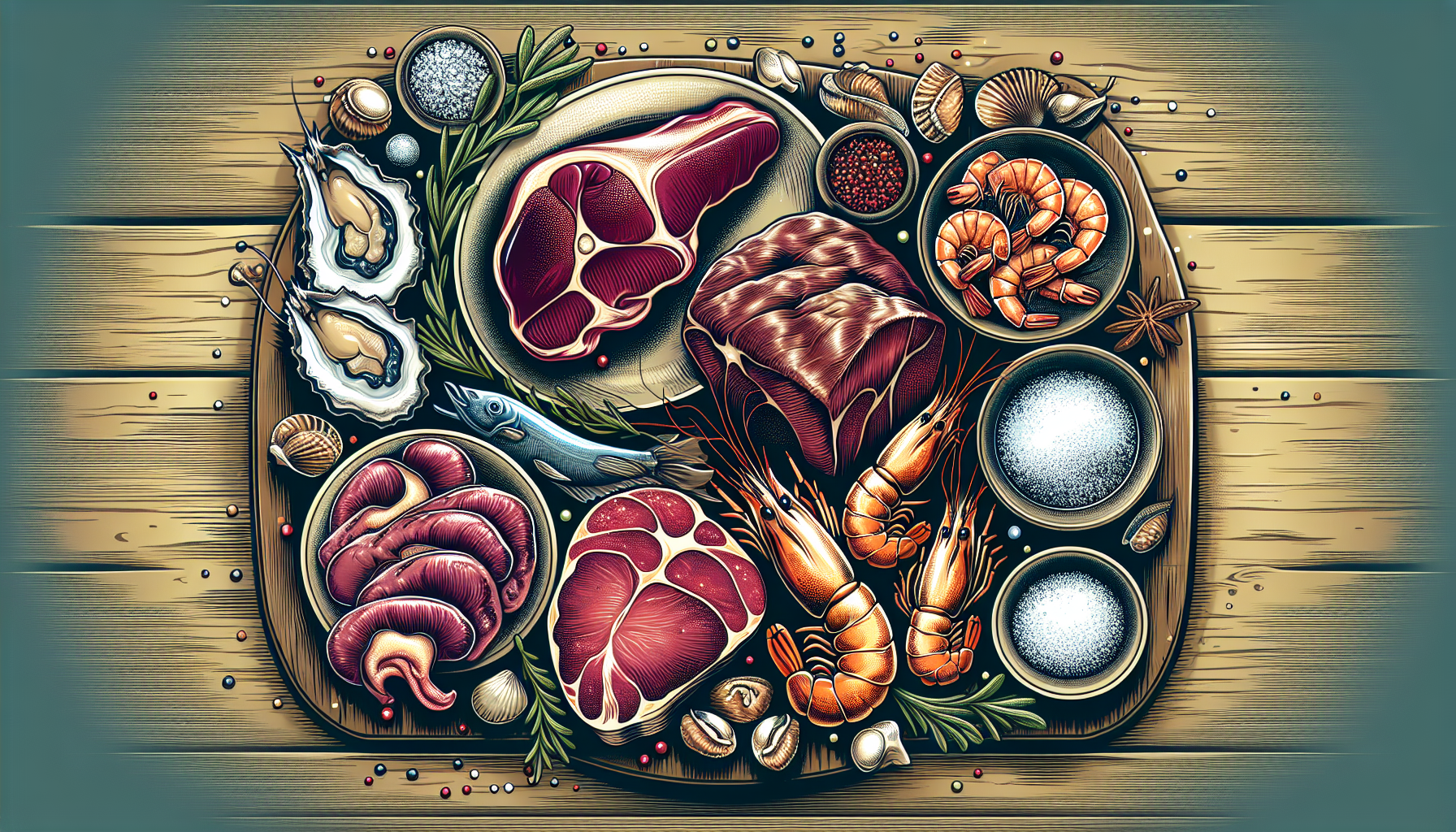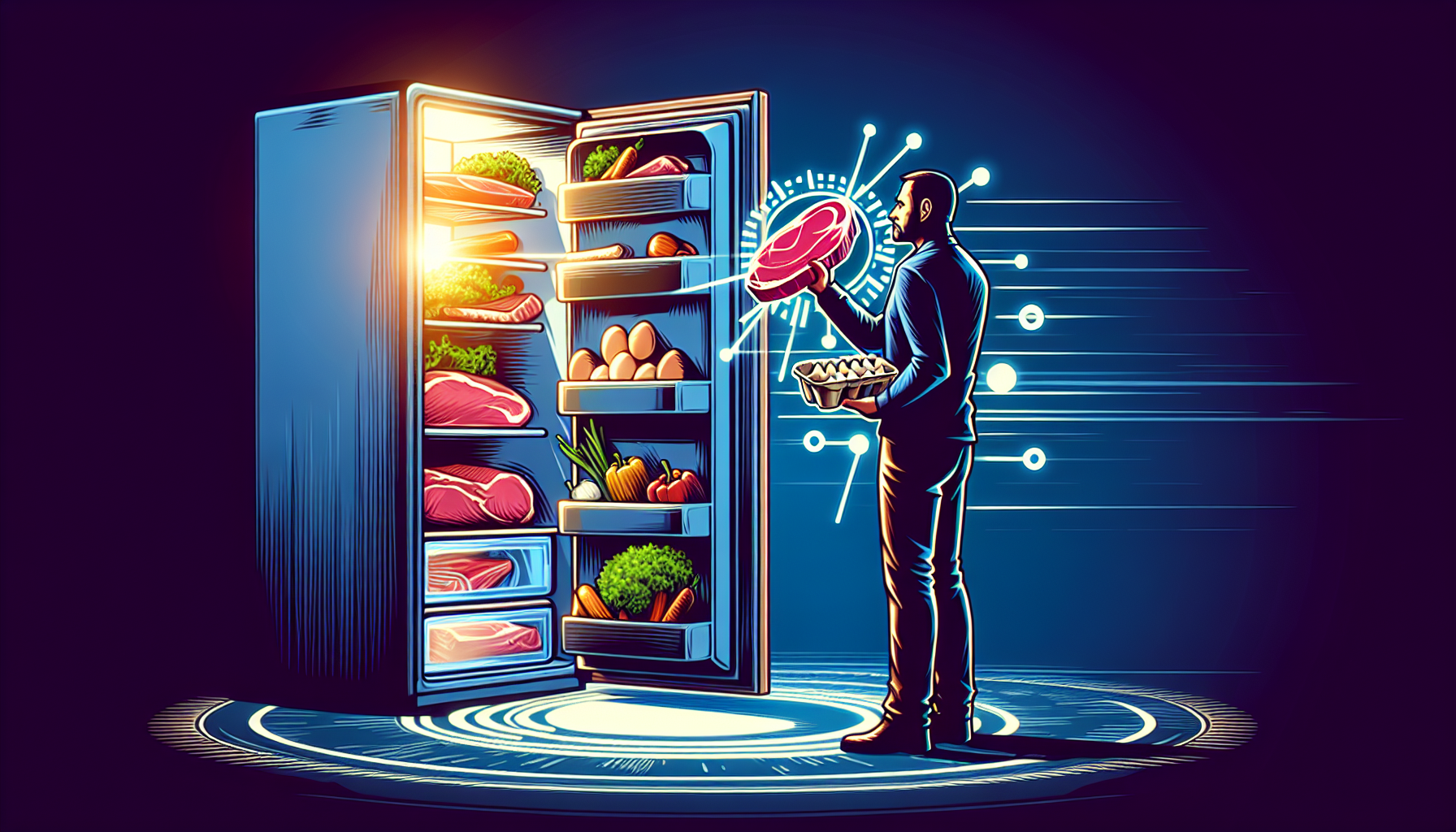Why Do I Feel So Bad on the Carnivore Diet? Understanding Potential Pitfalls and Solutions

Feeling unwell on the carnivore diet can be distressing. You may wonder, ‘why do i feel so bad on the carnivore diet’? Short-term discomfort is common as your body adjusts to a new fuel source. This article will help you understand the causes of your discomfort and offer targeted strategies to improve your experience on this diet.
Key Takeaways
- The shift to a carnivore diet can initially lead to fatigue, digestive issues, and cravings due to metabolic changes, but these usually subside as the body adapts.
- A carnivore diet requires careful planning to avoid nutrient deficiencies, and might necessitate incorporating a variety of animal foods, like organ meats and seafood, or even supplements to maintain health.
- Pay attention to hydration and electrolyte balance, as a carnivore diet can increase the risk of electrolyte imbalances and dehydration, which can lead to symptoms like cramps and heart palpitations.
The Initial Transition Phase: Common Struggles

Let’s start with the adaptation period. Like any significant life change, the shift to a carnivore diet can come with its fair share of struggles. As your body adjusts from a carbohydrate-burning machine to a fat-burning powerhouse, you might experience some temporary challenges like fatigue, digestive discomfort, and cravings. But remember, every cloud has a silver lining, and these initial struggles often pave the way to a more efficient metabolism.
Fatigue
The first few weeks of the carnivore diet can feel like running a marathon with weights tied to your legs. Yes, we’re talking about fatigue, a common side effect during the initial transition. It’s a part of the infamous ‘low-carb or keto flu’, a collection of symptoms experienced while your body adjusts to using fats and proteins for energy instead of carbohydrates, similar to the adaptation phase of the ketogenic diet. This process can also contribute to weight loss, as your body starts to burn stored fat for fuel.
But don’t let this deter you. Remember, your body is undergoing a significant metabolic shift, and these symptoms are just signs of your body adapting. Also, other initial side effects like leg cramps, mood swings, and weight gain might exacerbate the feeling of fatigue. So, stay patient, stay consistent, and soon enough, you’ll see the light at the end of the tunnel.
Digestive Discomfort

As you bid adieu to dietary fiber, don’t be surprised if your digestive system throws a bit of a tantrum. Constipation is a common visitor during the initial phase of the carnivore diet. It might seem counterintuitive, but adding a bit of magnesium citrate to your diet can alleviate this issue.
But that’s not all. As you up your meat intake, your stomach has to work overtime to digest increased dietary fats. This is where stomach enzymes, particularly Lipase and Amylase, come into play. You can also support bile production, which helps in digesting fats, with ox bile supplements. Remember, the key to a happy gut on the carnivore diet lies in managing these sudden changes and adjusting your diet accordingly.
Cravings and Mood Swings
Ah, the sweet allure of sugar and carbs! During the initial phase of the carnivore diet, you might find yourself wrestling with cravings for your old carbohydrate-rich friends. But don’t worry, you’re not alone in this fight, as many people transitioning from very low carb diets, like a low carb diet, face similar challenges.
Effective management of these cravings is all about planning and strategy. As your body becomes more efficient at using fats and proteins for energy, you’ll notice a decrease in these cravings. So, hang in there. With a little bit of mental resilience and some smart snack swaps, you’ll soon find those cravings waving the white flag of surrender.
Nutrient Deficiencies: Risks and Prevention

Switching to a carnivore diet doesn’t mean you need to bid adieu to essential nutrients. However, it does require careful planning or supplementation to avoid potential nutrient deficiencies. The good news is, incorporating certain foods like organ meats and seafood can significantly help in mitigating these deficiencies.
But why is this important? Chronic nutrient deficiencies can lead to long-term health issues such as:
- constipation
- fatigue
- low mood
- elevated cholesterol levels
Therefore, it’s crucial to ensure your carnivore diet is packed with all the nutrients you need for optimal health.
Vitamins and Minerals
One of the main concerns with the carnivore diet is the potential deficiency in vitamins and minerals due to the lack of plant-based foods. But who said carnivores can’t get their fill of vitamins?
Eating a variety of animal products, especially organ meats, can help supply essential nutrients like vitamin A, B12, and iron. Not to mention, certain seafood can also contribute to fulfilling your body’s magnesium requirements. So, while you might have to say goodbye to fruits and vegetables, you can still ensure a well-rounded nutrient profile with the right choices.
Organ Meats and Seafood
The carnivore diet is more than just eating meat like steaks and chicken breasts. Incorporating organ meats and seafood into your diet can be a game-changer when it comes to nutrient intake.
Organ meats, often overlooked in standard diets, are a concentrated source of essential vitamins and minerals. Additionally, fatty fish can provide your body with omega-3 fatty acids, which are known to support optimal brain health and cognitive function. So, don’t shy away from these nutrient powerhouses!
Supplementation
Despite your best efforts, you might still find gaps in your nutrient intake on the carnivore diet. This is where supplementation steps in to save the day.
Carnivores commonly take supplements such as Vitamin D, magnesium, and omega-3 fatty acids to support their dietary needs. These supplements can help ensure they receive essential nutrients for overall health and well-being. However, remember, everyone is unique. Therefore, it’s important to consult healthcare providers to tailor supplementation to your personal health needs. A magnesium supplement and ox bile supplements can also be beneficial in ensuring your body metabolizes increased fats efficiently.
Electrolyte Imbalances and Dehydration
Water, water everywhere, but not a drop to drink? Not quite. Proper hydration and maintaining a good electrolyte balance are crucial for managing the side effects of the carnivore diet.
Increased water loss can disrupt your electrolyte balance, leading to potential side effects like muscle cramps and heart palpitations. But, with a little bit of hydration and a pinch of salt, you can keep these imbalances at bay.
Causes
Electrolyte imbalances on the carnivore diet can originate from increased renal excretion of sodium. This disruption in the balance of key electrolytes can manifest in symptoms like feeling run down, heart palpitations, and headaches.
In some cases, persistent vomiting triggered by electrolyte imbalances can further aggravate the condition, leading to additional loss of electrolytes. It’s like a domino effect, but with a little bit of management, you can keep those dominos standing.
Symptoms
Have you been experiencing muscle cramps or heart palpitations on the carnivore diet? These might be your body’s way of signaling an electrolyte imbalance.
Muscle cramps are a common sign of electrolyte imbalances, often due to inadequate intake of minerals like magnesium, calcium, and potassium. Heart palpitations, on the other hand, can also be experienced due to changes in electrolyte levels, affecting the heart’s rhythm and function. Dehydration can also lead to symptoms like dizziness and headaches. So, listen to your body, it knows what it’s talking about.
Solutions

Staying hydrated and maintaining electrolyte balance on the carnivore diet might seem like a tightrope walk, but it’s more manageable than you think. Drinking plenty of water and adding a pinch of unrefined sea salt to your food can do wonders in managing electrolyte imbalances.
When dietary adjustments don’t seem to do the trick, electrolyte supplements, particularly magnesium and potassium, can step in to save the day. Remember, monitoring symptoms of electrolyte imbalances and conducting blood tests can guide necessary adjustments to your electrolyte intake. After all, balance is the key to a successful carnivore diet.
Mental Health Concerns: Anxiety and Depression
While the carnivore diet can bring about physical changes, it doesn’t stop there. An increasing number of individuals report significant improvements in chronic psychiatric symptoms after adopting a carnivore diet. This could be attributed to stable blood sugar levels and the absence of sugar and caffeine.
In fact, some individuals experience enhanced mood stability, improved cognition, and increased mental clarity, which they attribute to the carnivore diet’s elimination of anti-nutrients and carbohydrates. But as they say, every coin has two sides, and it’s important to discuss potential mental health concerns and how to cope with them.
Brain Chemistry Changes
The carnivore diet isn’t just about what you eat, but also about how what you eat affects your brain. The high-protein content of the carnivore diet provides essential amino acids, which are important for neurotransmitter synthesis, affecting mood and cognitive functions.
Amino acids like tyrosine and tryptophan, which are abundant in a high-protein diet, serve as precursors to neurotransmitters such as dopamine and serotonin, which regulate mood. So, while you’re enjoying your steak, your brain is busy synthesizing these mood-regulating neurotransmitters. However, it’s also important to remember that as your body adapts to burning fat for fuel, mood swings can occur as part of the changes in brain chemistry.
Coping Strategies
Navigating the mental aspects of the carnivore diet can be as crucial as managing the physical ones. Coping strategies like mindfulness meditation, deep breathing exercises, and maintaining a consistent sleep schedule can help manage mental health concerns on the carnivore diet.
And remember, you’re not alone in this journey. Building a support system that includes healthcare professionals and peer support from the carnivore community can be beneficial for managing mental health on the diet. So, reach out, connect, and remember, it’s okay to seek help.
Long-Term Health Risks: Heart Disease and Kidney Issues
While the carnivore diet comes with potential benefits, it’s important to discuss the elephant in the room: the associated long-term health risks. Specifically, concerns regarding heart disease and kidney issues due to high saturated fat intake and potential kidney problems.
High amounts of saturated fats can lead to increased levels of LDL cholesterol, a known factor in the development of heart disease. Not to mention, an increased fat intake, particularly from consuming red meat, is also implicated in promoting inflammation, which can exacerbate heart health issues.
Additionally, the high protein content of the carnivore diet is linked to potential kidney problems such as increased risk of gout and kidney stones. Therefore, it’s crucial to understand these risks and make informed decisions about your diet.
High Saturated Fat Intake
The carnivore diet, a type of high fat diet, involves feasting on a lot of animal products, leading to a significant increase in saturated fat intake. Although this might make your meals delicious, it can also raise the risk of chronic diseases like type 2 diabetes and heart disease. With the growing popularity of carnivore diets, it’s essential to be aware of the potential health risks.
Additionally, a strict carnivore diet might increase the risk of various types of cancer and heart disease due to a high intake of red and processed meat. So, while you’re enjoying your carnivore diet, it’s important to be mindful of these potential risks and take steps to mitigate them.
Kidney Function
The carnivore diet, with its high-protein content, can pose a challenge to your kidneys. This diet may contribute to the development of gout and kidney stones.
While these risks may sound daunting, they can be managed with proper care and medical guidance. So, before you embark on your carnivore diet journey, it’s crucial to understand these potential risks and to work with a healthcare professional to ensure your diet is balanced and safe.
Personalizing the Carnivore Diet: Adapting to Individual Needs

The carnivore diet doesn’t work for everyone. It’s not suitable for all individuals. It’s important to personalize this diet to your individual needs to ensure it’s beneficial and sustainable in the long run. This might involve identifying potential nutrient deficiencies, adjusting macronutrient ratios, and monitoring progress.
Remember, ensuring sufficient food intake until full satiation is crucial in personalizing the carnivore diet to adequately nourish your body. Don’t rush the process; a consistent approach to the carnivore diet for 30 to 90 days may be necessary for significant health improvements.
Adjusting Macronutrient Ratios
Personalizing the carnivore diet involves adjusting macronutrient ratios. This means ensuring sufficient fat intake (around 70-80% of calories) and moderating protein consumption.
Remember, consuming more animal protein than necessary to maintain muscle mass can have potentially negative health impacts. So, keep an eye on your macronutrient ratios and adjust them as needed to balance your diet.
Monitoring Progress and Making Changes
The carnivore diet is a journey, and like any journey, it’s crucial to monitor your progress and make necessary changes along the way. Keeping a log or journal to track your health changes, symptoms experienced, and overall well-being can be an effective way to monitor your progress.
Regular physical activity is also recommended to help in hormone regulation and in reducing feelings of depression and anxiety, offering health benefits for your mental well-being. So, stay proactive, stay consistent, and remember, this journey is all about creating a healthier you.
Summary
The carnivore diet is an exciting journey that can lead to significant health improvements. However, like any dietary change, it comes with its own set of challenges and potential risks. From managing the initial adaptation struggles to addressing potential nutrient deficiencies, electrolyte imbalances, and mental health concerns, it’s a journey of self-discovery and understanding your body’s unique needs.
Remember, the key to a successful carnivore diet lies in personalization, careful planning, and regular monitoring of your progress. So, take a deep breath, prepare yourself, and embark on this new journey towards health and wellness. After all, it’s not just about the destination, but also about the journey.
Frequently Asked Questions
What are the common struggles during the initial phase of the carnivore diet?
During the initial phase of the carnivore diet, many people struggle with fatigue, digestive discomfort, and cravings for carbohydrates and sugar. It's a challenging transition, but these struggles often improve with time and adjustment.
How can I manage potential nutrient deficiencies on the carnivore diet?
To manage potential nutrient deficiencies on the carnivore diet, try incorporating organ meats and seafood into your meals and consider supplementing with vitamins and minerals if necessary. This will help ensure you're getting essential nutrients for your body's needs.
What are some signs of electrolyte imbalances in the carnivore diet?
If you're on a carnivore diet, watch out for signs like muscle cramps, heart palpitations, dizziness, and headaches that could indicate electrolyte imbalances. Stay mindful of these symptoms to maintain a balanced diet.
How can the carnivore diet impact mental health?
The carnivore diet can have a positive impact on mental health by providing essential nutrients for neurotransmitter synthesis, potentially improving mood and cognitive function. However, it may initially cause mood swings as the body adapts.
What are the long-term health risks associated with the carnivore diet?
The carnivore diet may lead to long-term health risks such as heart disease from high saturated fat intake and potential kidney issues from the high protein content. It's important to consider these risks before adopting the diet.
